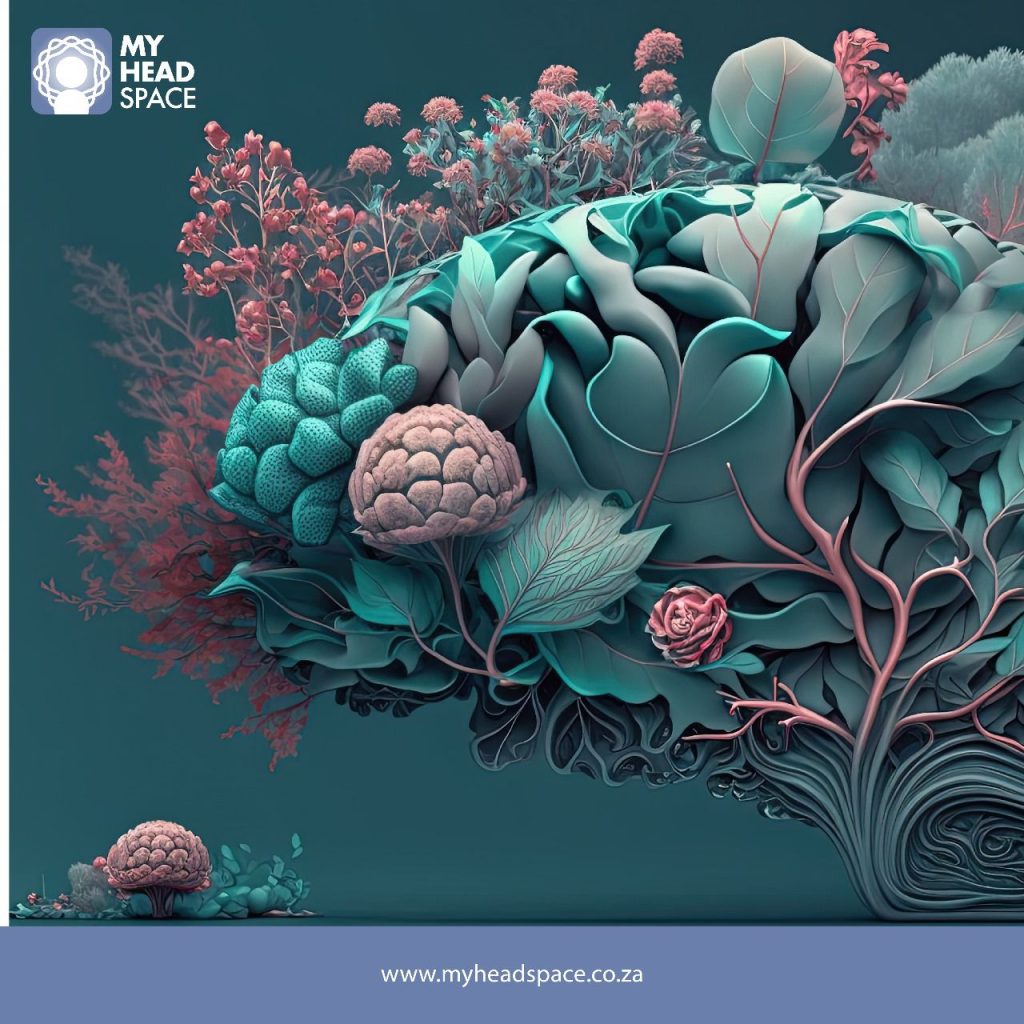What Is Therapy and How Can It Help You?
Therapy is a structured process that helps you navigate life’s challenges and improve your mental health. It offers a safe space to explore your thoughts and feelings without judgment. Through working with a trained therapist, you can uncover patterns that might be holding you back. But what exactly can you expect from this experience, and how do you know if it’s right for you? Let’s explore the transformative potential of therapy together.
Understanding Therapy: What It Is and How It Works
Therapy is a powerful tool for mental health and personal growth. It’s a safe space where you can explore your thoughts, feelings, and behaviors without judgment.
Through conversation, you’ll uncover patterns that may be holding you back and gain insight into your emotional landscape. A trained therapist helps guide you, offering support and techniques to cope with challenges.
You’ll learn to identify triggers and develop strategies for managing stress or anxiety.
Therapy isn’t just about discussing problems; it’s also about building resilience and fostering a deeper understanding of yourself. By engaging in this process, you empower yourself to make positive changes and improve your overall well-being.
Types of Therapy: Exploring Different Approaches
When you seek therapy, you might encounter a variety of approaches, each tailored to address different needs and preferences:
-
Cognitive Behavioral Therapy (CBT) focuses on changing negative thought patterns.
-
Dialectical Behavior Therapy (DBT) emphasizes emotional regulation.
-
Psychodynamic therapy explores the unconscious mind and past experiences.
-
Acceptance and Commitment Therapy (ACT) promotes mindfulness and acceptance.
-
Group therapy provides a supportive space to connect with others.
-
Humanistic therapy centers on personal growth and self-actualization.
Choosing the right type can significantly impact your therapeutic journey.
The Benefits of Therapy: How It Can Transform Your Life
Engaging in therapy can lead to profound changes, offering tools and insights that promote personal growth.
You’ll learn how to navigate emotions, gain clarity on thoughts, and reduce anxiety. Therapy encourages self-reflection and helps uncover patterns that may be keeping you stuck.
With coping strategies and a trusting therapeutic relationship, you’ll feel more empowered to manage life’s ups and downs.
Over time, therapy can improve communication skills, deepen relationships, and boost self-worth.
Ultimately, it’s a transformative journey toward a more fulfilling and balanced life.
Choosing the Right Therapist: Finding Your Ideal Match
How do you know if a therapist is the right fit for you?
-
Start by looking at their credentials and areas of expertise. Do they specialize in the issues you want to address?
-
Consider their approach—are they more cognitive-behavioral or psychodynamic?
-
Assess your comfort level. Do you feel heard, safe, and supported in sessions?
A strong rapport is essential for effective therapy. Don’t be afraid to ask questions about their methods and experience—and most importantly, trust your instincts. It’s okay to explore until you find the right match.
What to Expect in a Therapy Session: A Guide for Beginners
Knowing what to expect can ease first-time nerves.
During your initial session, you’ll talk about your reasons for seeking therapy and share some personal history. Your therapist will ask questions to get to know your experiences and emotions.
Future sessions might explore specific issues, set goals, or build coping strategies. You’re encouraged to speak freely—this is your space.
And remember, it’s okay to feel unsure at first. Therapy is a process.
How Long Does Therapy Typically Last?
Therapy can last a few sessions or several months. It depends on your goals and needs. You and your therapist will decide together what’s best as you move forward.
Is Therapy Confidential?
Yes. Therapists are bound by confidentiality. What you say stays private—except in cases involving safety or legal requirements.
Can Therapy Be Effective for Children?
Absolutely. Therapy helps children express emotions, improve behavior, and build coping skills. A good child therapist can make a big impact.
Do I Need a Referral to See a Therapist?
Not always. Many therapists accept clients directly. However, some insurance plans may require a referral—check your coverage to be sure.
How Much Does Therapy Usually Cost?
Prices vary, typically between $50 and $250 per session. Some therapists offer sliding scales, and insurance may cover part of the cost.
Therapy is a powerful path toward personal growth and better mental health. By working with a trained therapist, you can explore your thoughts and feelings, uncover harmful patterns, and develop coping strategies that improve your life. Remember: finding the right therapist is key. So take that first step, trust the process, and begin your journey toward greater self-awareness, resilience, and well-being.

